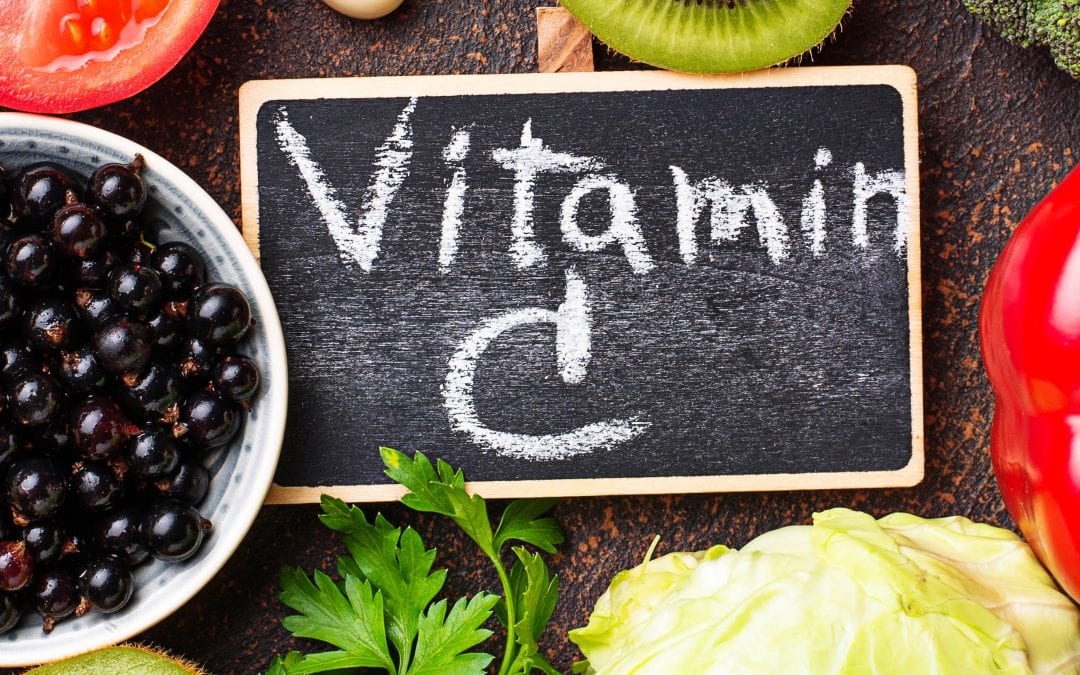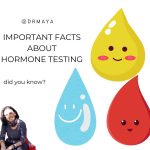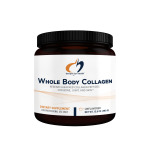
Today we will be discussing vitamin C.
Most of the immune boosters are antioxidants and they protect your body from harmful molecules called free radicals.
Vitamin C is a water-soluble vitamin and must be obtained through diet and supplementation. In your body, it acts as a free radical scavenger while also participating in many other biochemical functions.
Your genetics influence how to absorb and process vitamin C. The gene responsible for that is SLC23A1 rs33972313. In case of polymorphic snp mutation you might have higher dietary requirements of vitamin C. Your body cannot produce it, so you should consume some of vitamin C per day as foods and/or supplements.
Vitamin C is one of the most common antioxidants. In 2020 vitamin C became a household name, so I started hearing many questions from my patients and friends about what kind of vitamin C to take, how much of it to take, and what to expect from it.
The answer is – it depends, so I want to bring some clarity to it.
Vitamin C has three essential functions related to the immune system. Overall it serves a player for hundreds of tasks throughout the body related to hormones, the nervous system, and so on. Today we will talk about its influence on your immune system.
One of the most critical things vitamin C does is the encouragement of white blood cell production.
Your white blood cells (WBC) has two main jobs:
- To help your body fight infection.
- To help your body repair from an injury.
When you are sick with flu, virus, or bacterial infection, the number of white blood cells increases and speeds up healing.
You can look at it as your body’s innate mechanism to heal itself.
There is always a certain amount of white blood cells circulating in your blood to provides regular wear and tear repairs and protect you from pathogens in the environment. However, when you get sick, your body starts generating more white blood cells. A high level of WBC on your blood test tells your doctor that you are fighting an infection.
On the other hand, when your white blood cell count is low, your immune system is weak and cannot take care of repairs and protect you from pathogens.
So, this is what Vitamin C does:
- Increases the production of white blood cells (WBC), which is why it is so important to increase its intake during flu seasons, times of viral pandemic, and any other times when you need your immune system to be more robust.
- Protecting WBC from harmful molecules called free radicals. Free radicals are a byproduct of regular biochemical reactions in the body and also a result of environmental toxins present in the air, water, and food. Your body’s innate immune system has to eliminate free radicals from your body with the help of white blood cells, however something has to protect white blood cells from free radicals and this what vitamin C is doing very well.
- It helps strengthen the skin barrier to increase protection from external toxins, as your skin is also a part of the immune system.
So, as you can see, vitamin C a super cool nutrient, and it’s vital and readily available in food and supplements.
Today I will be talking about a supplemental form of Vitamin C. There are multiple forms of vitamin C, so you might be confused about what to take and why and how much.
I will bring some clarity to it, and I will talk only about three forms because they are the most practical and readily available. You can take it at home on a daily basis and when you need to.
- The most common form is Ascorbic Acid. If you take high doses, it can be hard on your body because it’s acidic. It can be hard on the stomach and can cause acid reflux or even diarrhea.
- Buffered Vitamin C. this is an improved form because it is less acidic than ascorbic acid. It’s achieved by compounding ascorbic acid with magnesium, potassium, and calcium. Buffered vitamin C can be taken in higher doses than pure ascorbic acid, and it stays in the body longer.
- Liposomal Vitamin C is formulated with liposomal technology. Liposomes are spheres made of phospholipids – the primary building blocks of cell membranes. Due to this structure, liposomes bond easily with cell membranes to facilitate intracellular delivery of their content. Because of this enhanced delivery and absorption, nutrients delivered in liposomal form offer superior absorption and bioavailability.
In the “Recommended Formulations of Vitamin C” I provide more descriptive information for each form. There you can see a complete list of ingredients, dosage, and description.
I provide telehealth consultations on personalizing supplements and will review your individual case to clear confusion and create an effective solution for you.
Remember, taking incorrect supplements is not just ineffective, it can lead to health problems. But, when you chose the correct protocol, it might not only prevent some future health problems but correct existing ones.
This post is not medical advice, only information for your educational purposes. Always seek medical advice from your healthcare physician.
Dr. Maya Sarkisyan
If this information picked your curiosity, let me know by emailing me [email protected] and ask for more interesting and relevant information.
Stay tuned and discover “The True Story About Your Health”.












